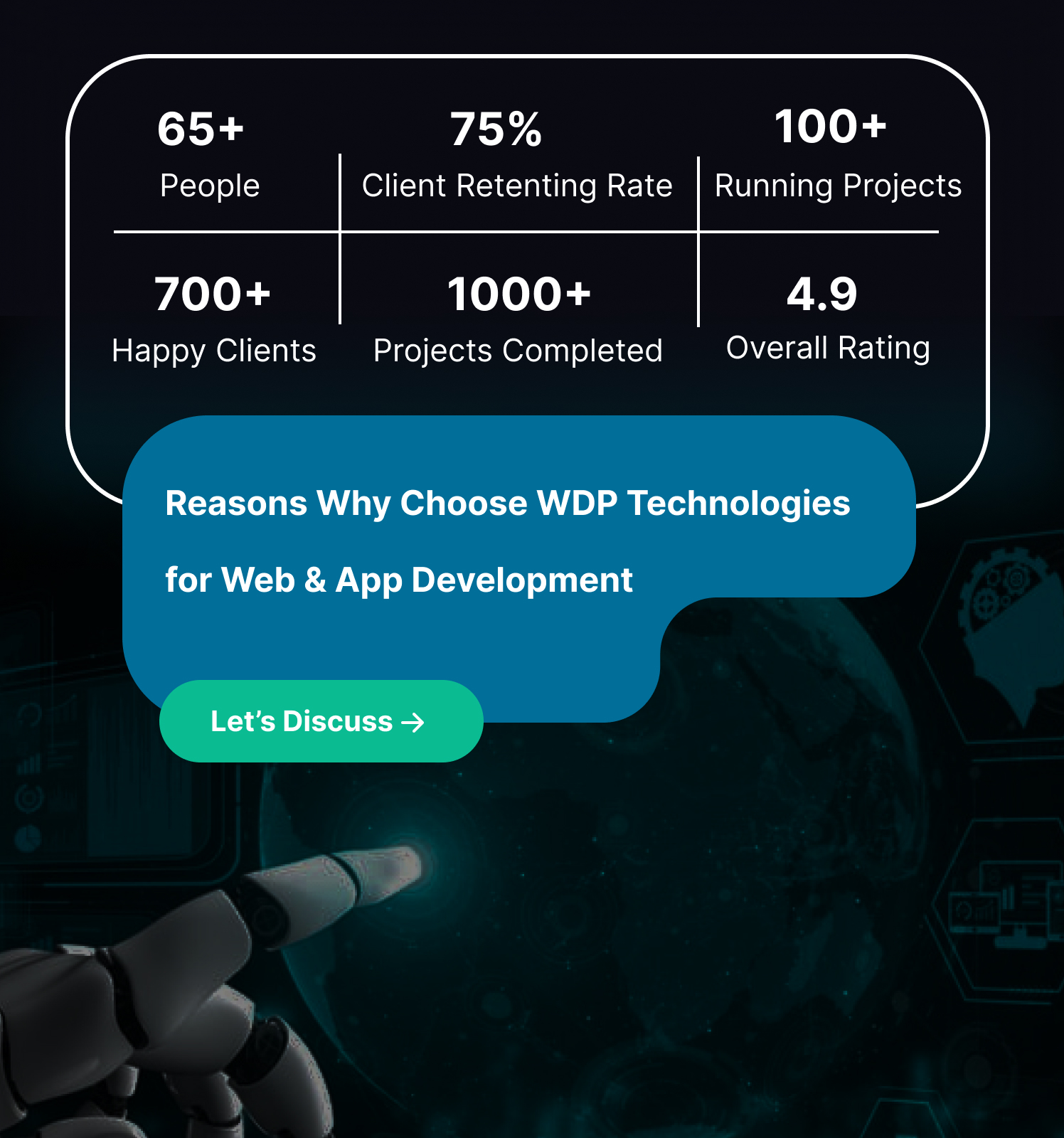Introduction
In the ever-evolving world of technology, businesses are continuously looking for ways to enhance their software development processes. Offshore software product development has become an increasingly popular strategy for companies seeking cost-effective solutions without compromising on quality. In this blog, we’ll explore the benefits, challenges, and best practices of offshore software product development and how it can help businesses succeed in the competitive digital marketplace.
What is Offshore Software Product Development?
Offshore software product development refers to the practice of outsourcing the development of a software product to a team located in a different country, often in regions with lower labor costs and specialized skill sets. This model enables companies to leverage the expertise of international developers while reducing operational expenses. Offshore software development can encompass everything from custom software solutions, mobile applications, and web development to SaaS products and enterprise software systems.
Benefits of Offshore Software Product Development
Cost-Effectiveness:
One of the primary reasons businesses opt for offshore software development is the reduced costs. By outsourcing to countries with lower labor rates, companies can save a significant portion of their budget, allowing them to reinvest in other critical areas of the business.
Access to a Global Talent Pool:
Offshore development offers access to a wide range of highly skilled professionals with specialized expertise that may not be readily available in the local job market. This means companies can tap into global talent pools and build world-class software products.
Scalability and Flexibility:
Offshore teams offer the flexibility to scale development efforts up or down based on project requirements. Whether you need to expand your team quickly or streamline operations, offshore development provides the necessary resources without the need to hire full-time employees.
Faster Time to Market:
Offshore teams work in different time zones, which can be leveraged to create a “follow-the-sun” development cycle. This can result in faster development, with teams working around the clock to meet tight deadlines and accelerate the time to market for software products.
Risk Mitigation:
Offshore development can help businesses mitigate risks related to resource limitations or economic downturns in their home country. By diversifying the development process across different regions, businesses can reduce the impact of localized issues such as labor shortages or political instability.
Challenges of Offshore Software Product Development
While offshore software development offers several advantages, there are also challenges to be aware of. Some of the common challenges include:
Communication Barriers:
Language differences and cultural variations can sometimes create communication barriers between teams. It’s important to have effective communication tools and practices in place to ensure smooth collaboration.
Time Zone Differences:
While time zone differences can be beneficial for continuous development, they can also present challenges in terms of scheduling meetings, ensuring real-time feedback, and collaborating across different time zones.
Quality Control:
Managing the quality of the software product can be more challenging when working with offshore teams. It’s important to set clear expectations, monitor progress regularly, and implement robust quality assurance processes.
Data Security and Compliance:
Offshore development may raise concerns about data security and compliance with international regulations, such as GDPR or HIPAA. Ensuring that the offshore team adheres to the required standards and protocols is crucial for safeguarding sensitive data.
Best Practices for Successful Offshore Software Product Development
To maximize the benefits and minimize the risks of offshore software product development, businesses should follow these best practices:
Choose the Right Offshore Partner:
Selecting the right offshore development partner is critical to the success of your project. Look for companies with a proven track record, expertise in your industry, and the ability to align with your business goals and values.
Establish Clear Communication Channels:
Establishing clear and open lines of communication is essential for offshore development. Use collaborative tools, video conferencing, and project management software to ensure smooth interactions and transparency throughout the project.
Set Clear Expectations and Milestones:
Define your project scope, goals, and timelines from the start. Ensure that both parties have a clear understanding of expectations, deadlines, and deliverables to avoid misunderstandings down the line.
Focus on Quality Assurance:
Implement a solid quality assurance process to ensure that your software meets the highest standards. Regular code reviews, testing, and performance evaluations can help catch issues early in the development cycle.
Legal Agreements and Data Protection:
It’s important to establish strong legal agreements to protect intellectual property (IP) and ensure that data security is maintained. Draft non-disclosure agreements (NDAs) and service level agreements (SLAs) to safeguard sensitive information.
Conclusion
Offshore software product development offers businesses a cost-effective, scalable, and efficient solution for building high-quality software products. While there are challenges, such as communication barriers and quality control, they can be mitigated with proper planning, clear communication, and collaboration. By partnering with the right offshore team, companies can harness the power of global talent to create innovative and successful software products that meet the needs of today’s digital economy.
For more informative blogs visit www.wdptechonologies.com












